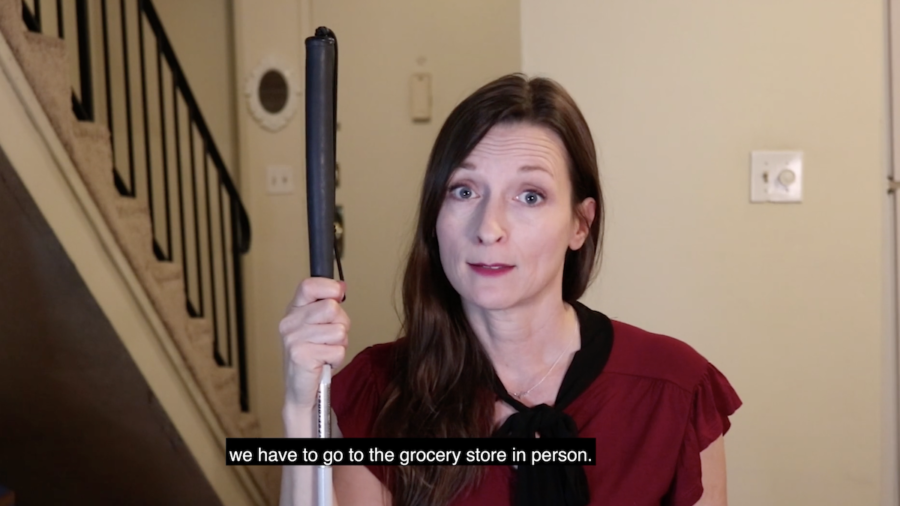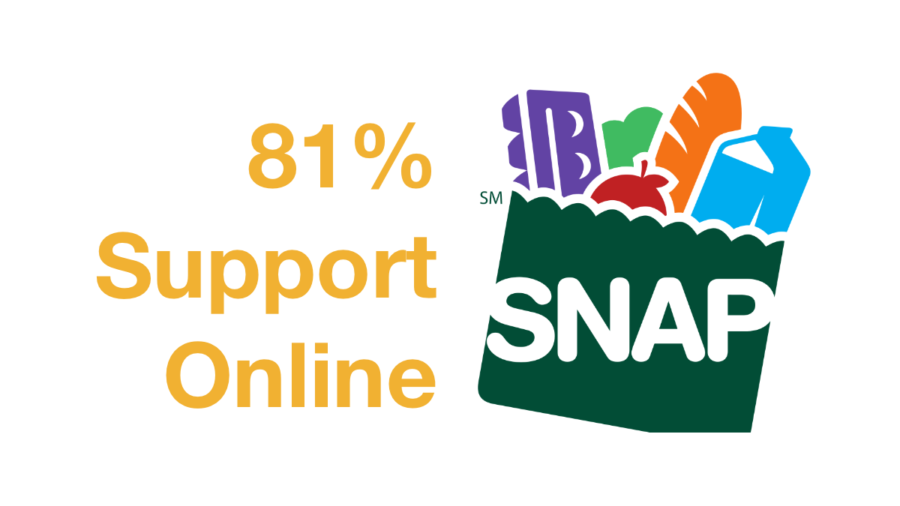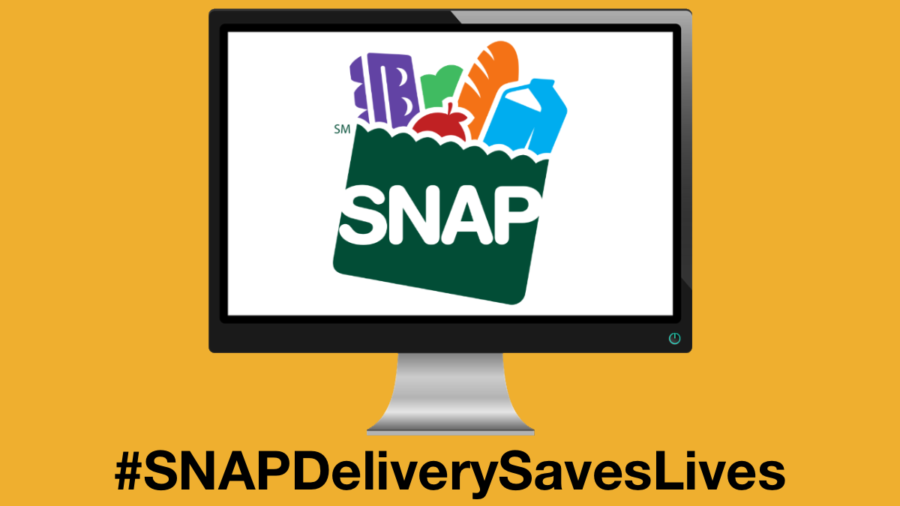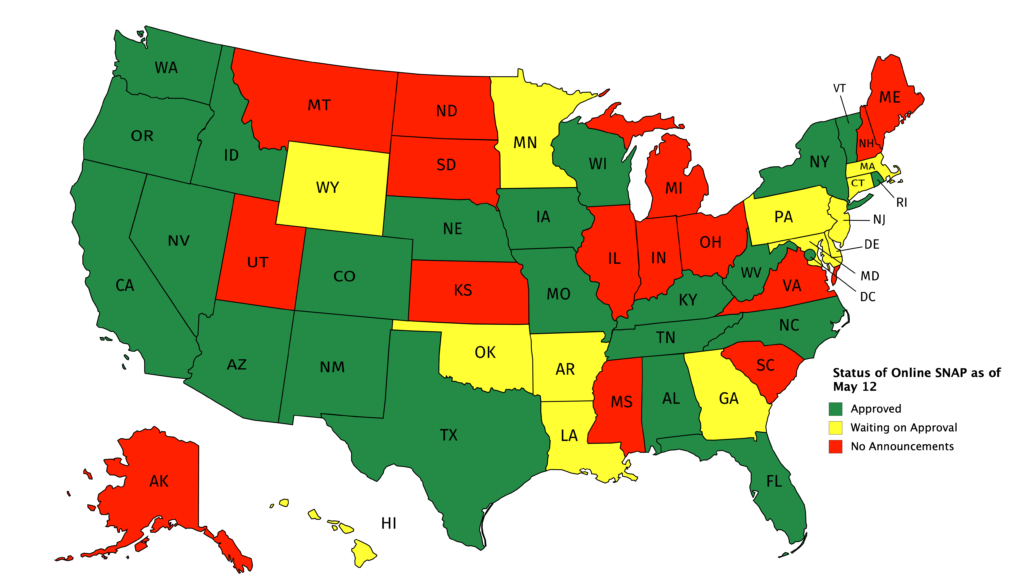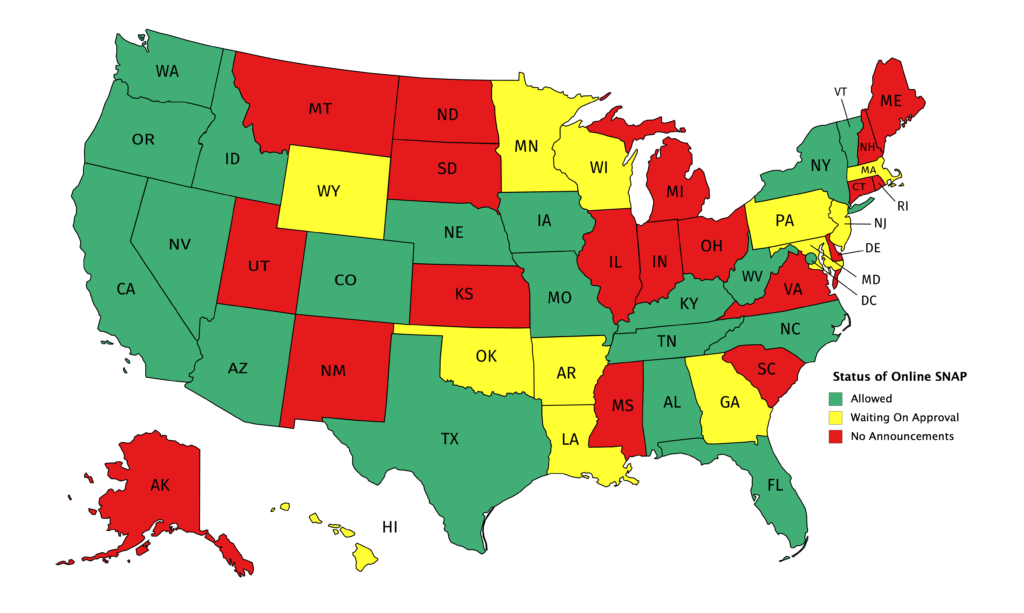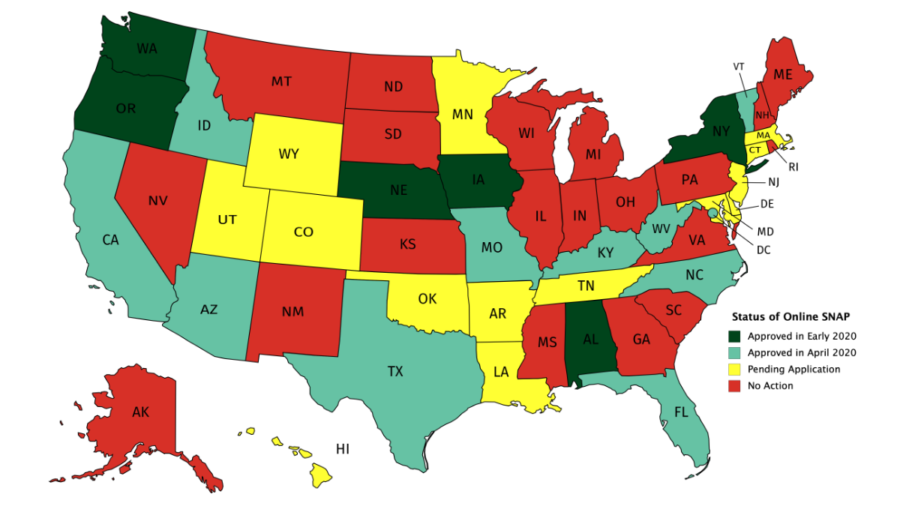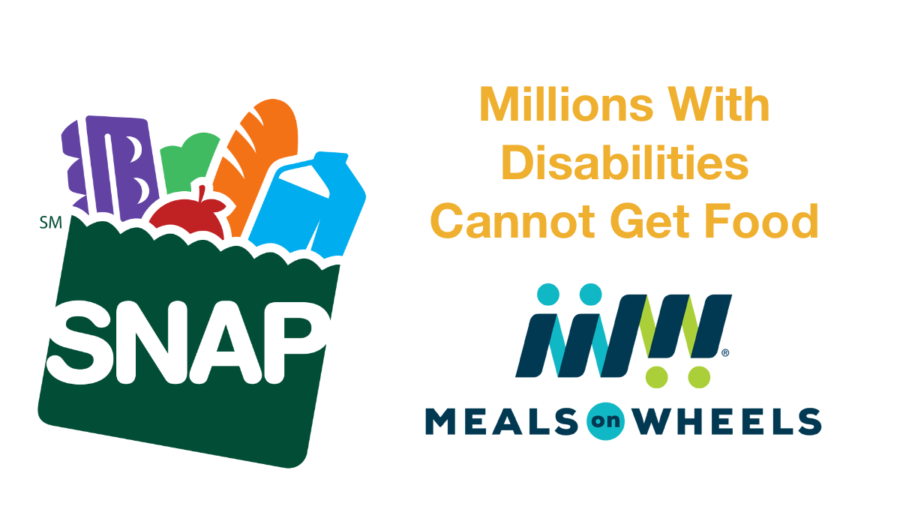Washington, D.C., May 19 – As more Americans with and without disabilities are caught up in the economic consequences of the COVID-19 pandemic, people are wondering where to find answers to life-or-death questions.
What do I do if I’m a person with a disability and lost my job because of COVID-19?
You are not alone. A monthly report published by the University of New Hampshire’s Institute on Disability (UNH-IOD), shows that nearly one million working-age people with disabilities lost their jobs. That represents a 20 percent reduction of the number of workers with disabilities in our nation’s economy. There is a significant question whether those jobs will ever come back.
The U.S. Department of Labor’s (DOL) website has a comprehensive run-down on what you as an individual with or without disabilities needs to know about accessing unemployment benefits if you are an eligible worker. [continue reading…]



